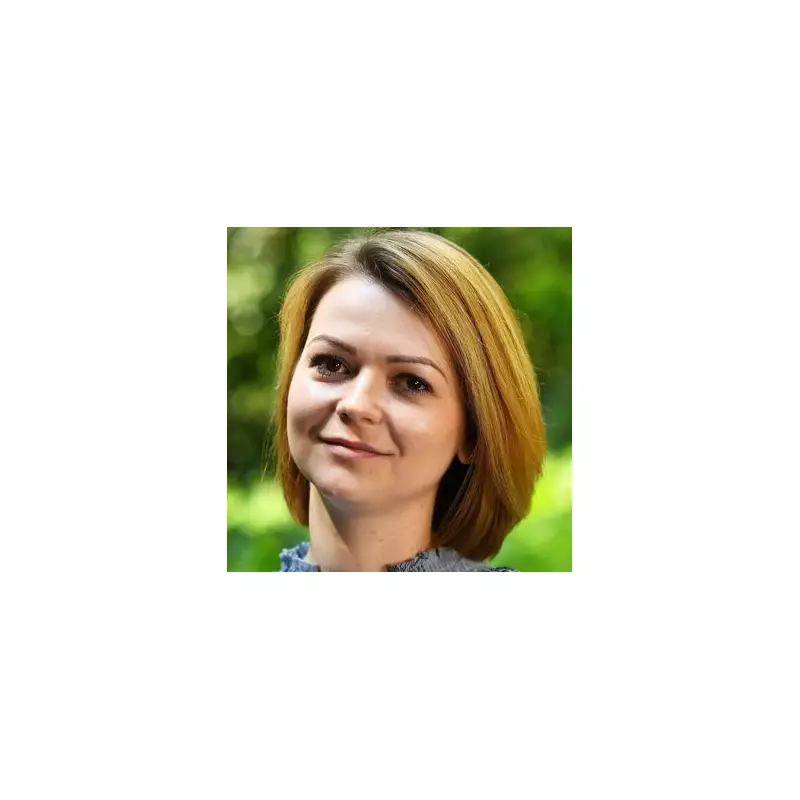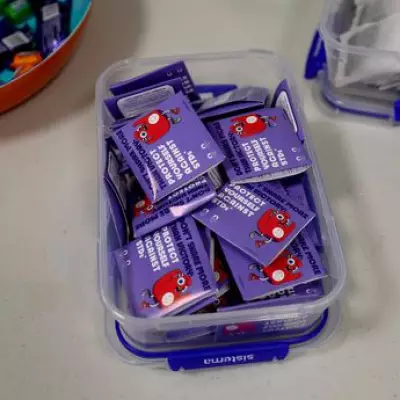
Former Russian intelligence officer Sergei Skripal and his daughter Yulia have provided chilling accounts of the 2018 Novichok nerve agent attack that nearly killed them in Salisbury. Their written statements to the official inquiry reveal the terrifying moments when they realised they were being poisoned on British soil.
The Day Everything Changed
On March 4th 2018, the Skripals' ordinary Sunday outing turned into a fight for survival. The pair had been targeted by Russian assassins who applied the military-grade nerve agent Novichok to the doorknob of Sergei's Salisbury home. The attack would trigger one of Britain's largest counter-terrorism investigations, involving 180 military experts in chemical warfare defence.
The first symptoms appeared while they were having lunch at Zizzi restaurant in the cathedral city. Yulia Skripal, who had flown into Britain from Russia just the day before, described how they initially found it "amusing" when their eyes began twitching uncontrollably. This mild reaction quickly escalated into something far more sinister.
Rapid Deterioration and Hallucinations
As they left the restaurant, their condition deteriorated rapidly. Yulia recalled that "everything in the street was swinging around, really, really bad" and she had to hold her father's hand for support. After a short walk towards the Sainsbury's car park where Sergei had parked his red BMW, they were forced to sit on a bench, struggling to breathe.
"When I sat down it was a very strange and scary feeling," Yulia stated. "Almost everything was blurred and colours were changing... it's pink, red, blue, so it's like being on LSD or amphetamines." Her father experienced similar vivid hallucinations, seeing Arabic men and women and even attempting to punch one, knowing it wasn't real because "there are not a lot of Arabic people in Salisbury".
Survival and Lasting Consequences
Yulia lost consciousness within seconds on that bench, later expressing fears she could have choked on her own vomit without the intervention of quick-thinking bystanders who called emergency services. CCTV footage showed her slumped motionless against her father's shoulder, making strange circular motions with her left hand.
Both Skripals spent three weeks in comas, with Sergei recalling his disbelief upon waking: "When I stopped dreaming I thought it had been one day, but really it had been 21 days." Their recovery proved gruelling, and they have lived under the radar ever since the attack that British authorities believe was authorised by President Vladimir Putin.
The inquiry, named after Dawn Sturgess - the 44-year-old mother who tragically died after accidentally spraying herself with Novichok from a discarded perfume bottle - heard that the Skripals were "sitting ducks". Lawyer Michael Mansfield accused the UK government of "abject failure" to protect them, highlighting inadequate security at Sergei's home and his use of a landline to discuss movements.
Police identified the suspected assassins as two men who travelled to Britain under the pseudonyms Alexander Petrov and Ruslan Boshirov, later identified by the Foreign Office as Ivan Yermakov and Aleksey Lukashev. The pair had previously hacked Yulia's emails since 2013 using malware called X-Agent and are also wanted by the FBI for alleged interference in the 2016 US presidential elections.
The inquiry report is scheduled for publication on December 4th, with Lord Hughes ruling that the Skripals should not give evidence in person to protect their current whereabouts. Sergei Skripal, a former GRU colonel who had been imprisoned in Russia for passing intelligence to MI6 before his 2010 spy swap, remains a living testament to the Kremlin's warning that double agents will inevitably "meet their fate".





